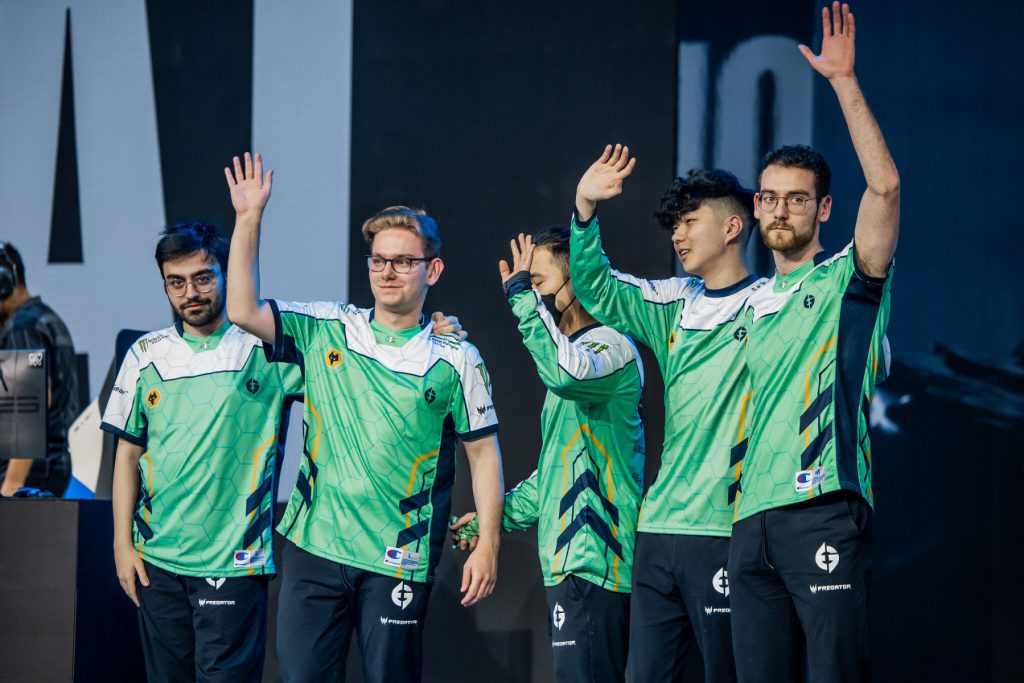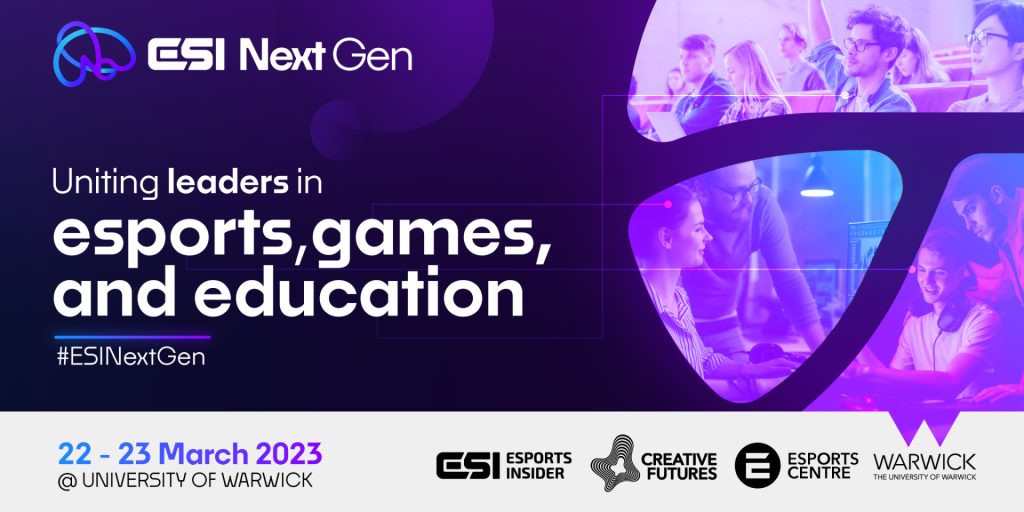
In November last year, settlement negotiations between game publisher Activision Blizzard and the US Department of Justice over the Overwatch League (OWL)’s ‘competitive balance tax’ — a mechanism for controlling OWL player salaries — broke down.
A salary cap is one seemingly obvious solution to high player wages in esports, which are a key reason for burdensome operating costs amongst many organisations. A possible recession, paired with dwindling investor belief in esports teams’ return-on-investment potential, is making teams unattractive to stakeholders. To counter this, esports teams must reduce costs.
Whether soft, like the OWL’s — teams get fined for spending more than X — or hard — teams cannot spend more than X — some sort of player salary control seems intuitive.
The NBA, NFL, and NHL do a good job of containing salaries within the total revenue that teams generate. The NBA calculates a salary cap based on revenue generated by the league the previous season. For the 2022-2023 season, it is just over $123m (~£99m). Teams must spend at least 90% of that, and if they want to go over the cap, they must pay a ‘luxury tax’; this is a soft salary cap. Other leagues, like the NFL, have a hard cap.
In esports, however, there is much red tape to cut through before a salary cap can be explored seriously.
“You could not put in a salary cap without unionisation,” said Phillip Aram, Executive Director of the LCS Players Association (LCSPA). The LCS is the top League of Legends (LoL) competition in North America. “[A salary cap] would be a huge restraint on trade and would draw antitrust concerns in just about any country, certainly in the United States,” he added. An official player union must be established, which enables ‘employees’, in this case the players, to collectively bargain payment terms with their employers.
Why is it harder for esports players to unionise than, say, players in the NFL? According to Aram, unionisation is typically designed as a two-party system. It tends to be this way in sport. The NFL Players Association (NFLPA) represents the interests of players — party #1 — in negotiations and disputes with teams — party #2.
The parties negotiate what is known as a collective bargaining agreement (CBA), which dictates the rules on various league issues like compensation and player welfare. Crucially, in a salary-capped league like the NFL, a CBA determines the minimum and maximum that teams can spend on player wages, which is usually based somewhat on total revenue the respective league generates.
In esports, however, there is a third, all-powerful party: the publisher.
Publishers own the intellectual property of their games, which means they have the final say on just about everything. The NFL does not own football itself, nor does any other entity. The sport is in the public domain. In esports it is different. Riot Games owns the sport of League of Legends. This complicates player unionisation enormously. (Riot did not respond to a request for comment on this story.)
Salary caps would benefit the esports industry economically. Right now, the misalignment between player compensation and a team’s turnover makes little financial sense. Many teams have a wage-to-revenue ratio of 100%, Harris Peskin, Executive Director of the Esports Bar Association, said on Jacob Wolf’s Visionaries podcast last August. Salary caps would bode well for a relatively young, insecure industry as the world navigates a macroeconomic slump.
“If we were to unionise today, we would be unionising with the teams,” Aram told Esports Insider. “[We] would end up in a situation where even if the teams created a joint bargaining unit and we bargained with the 10 [LCS] teams together and approved a CBA, we would then still be governed by Riot and whatever rules they might choose to make.”
Theoretically, Riot could kibosh any agreement made in good faith between players and teams. For example, if the LCSPA and LCS team owners negotiated a no-player-import rule, Riot could, as is their right, refuse to allow it.
“Riot could say, ‘Well that doesn’t work for us; we govern five other major leagues around the world and the import rule is key to us. You guys can’t play our game unless you abide by this rule,’” Aram said. “Well, we collectively bargained that in good faith and now it’s gone.”
To overcome this problem there must, according to Aram, either be clear publisher buy-in or guaranteed publisher abstinence from regional decision-making. It is doubtful that either will come about — at least for now. It’s hard to imagine a publisher would refrain from local decision-making if outcomes at a local level have global implications.
Furthermore, publishers might not be interested in player unionisation for other, subtler reasons.
Firstly — according to one anonymous source — publishers may fear setting a precedent that would lead to their core workforce unionising, a contentious topic in gaming at the moment. The anonymous source also said that publishers may want to avoid being liable for esports player employment, because unionising may affirm the publisher as a joint employer. Riot did not respond to a request for comment on the matter.
“We will not explore unionising directly with teams until we have a clear understanding of how we can do that without interference from Riot, or with direct buy-in from Riot,” Aram said. “It’s an incredibly costly and time-consuming process. We’re not going to collectively bargain with teams and then have those rules be changed or disregarded by Riot.”
Proper antitrust-immune salary cap systems in esports are a ways out, but solving this problem might go a long way to sustaining the industry. As is often the case, however, it will require greater cooperation from publishers.

